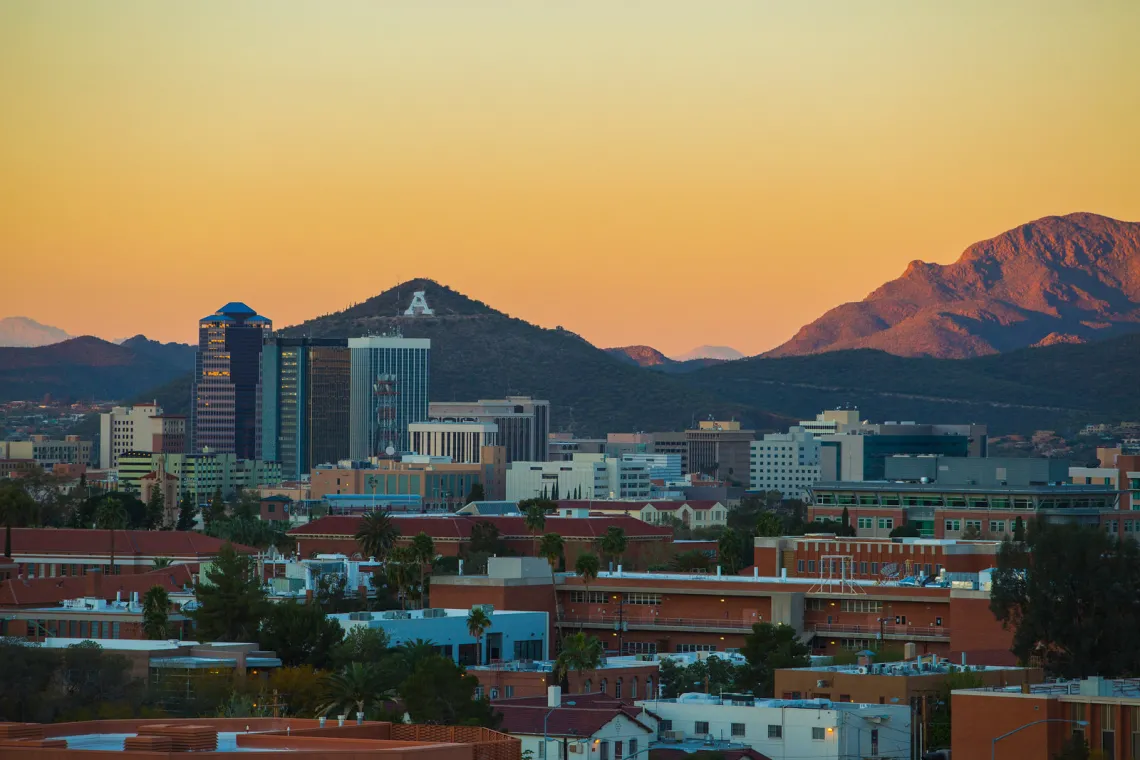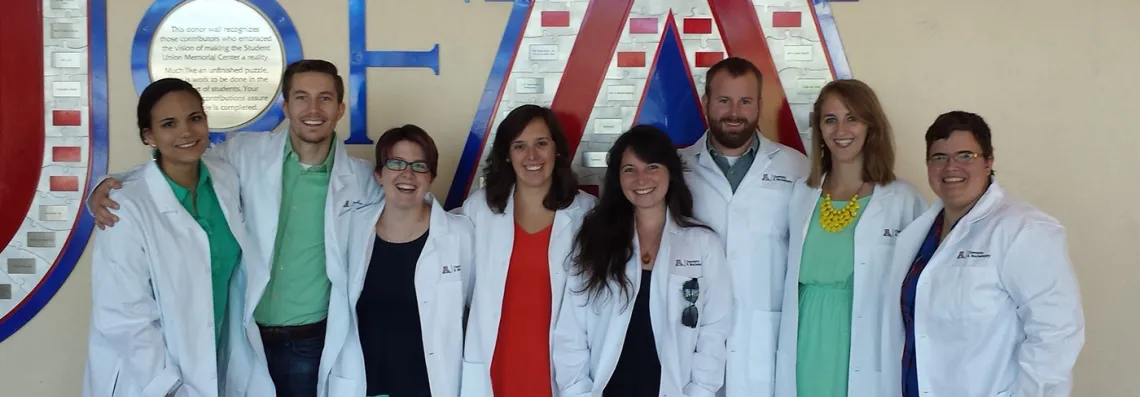
CBC Graduate Program
Advancing the Frontiers and Foundations of the Molecular Sciences!
44 Faculty and ~ 126 Graduate Students
CBC graduate programs, offered in both Chemistry and Biochemistry, provide extended training in academic scholarship and the creation and dissemination of new scientific discoveries. Our cutting-edge research programs span all disciplines of the chemical sciences as well as multi-disciplinary programs. Graduate students may choose to be affiliated with these programs, some of which provide research assistantships on a highly competitive basis. The PhD program prepares high-achieving students for senior research positions in industry or government laboratories, or a career in college-level or university-level teaching and research.
Program Organization
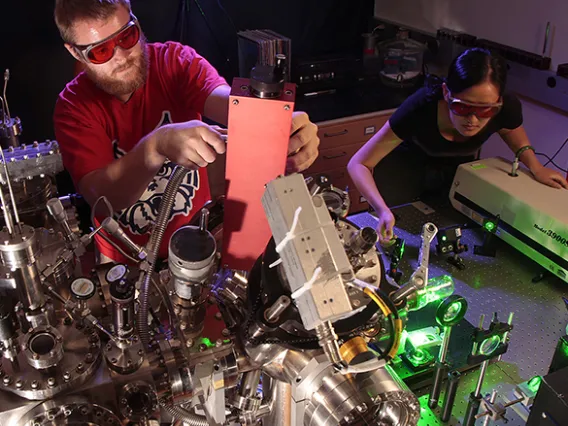
Preparing students with the skills and mindset for exciting careers in the chemical sciences.
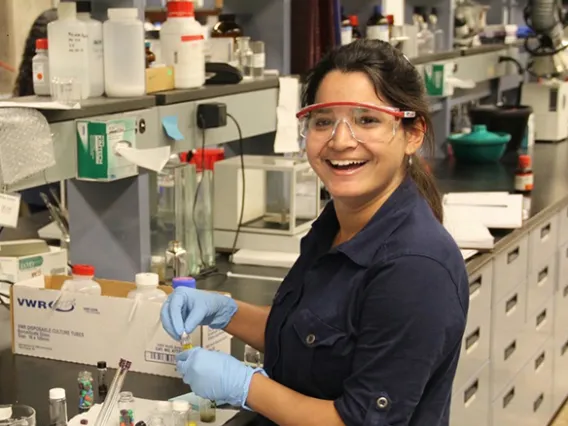
Cutting-edge technology and training in a collaborative environment.
A feature of both the biochemistry and chemistry Ph.D. programs is that students undertake laboratory rotations before choosing a dissertation advisor. These rotations allow the students to gain experience in laboratory research, as well as allowing them to familiarize themselves with the research of faculty in the Department. Toward the end of rotations, students are asked to identify a dissertation advisor, from among the faculty that they rotated with, who will guide their research.
Rotations are a course taken for a letter grade with poster sessions presented at the end of each rotation.
A limited number of students are accepted to pursue Master’s degrees in Chemistry. Typically, no financial support is provided for the pursuit of these degrees. Please contact the Graduate Coordinator if you plan to apply for these programs.
Master of Science: The MS degree is a research degree requiring a written thesis. All students must pass a final oral examination.
Master of Arts: Students who plan to teach chemistry in secondary schools will find this program adapted to their needs. The M.A. degree is a non-thesis degree that is awarded for advanced study in chemistry beyond the bachelor's degree.
Current U of A undergraduates can apply for an Accelerated Masters which is a five year B.S./M.S. degree.
Most full-time students in the Chemistry and Biochemistry Ph.D. program are supported through research or teaching assistantships. These assistantships offer a stipend (currently $29,500 annually), student health insurance coverage, and both in-state and out-of-state tuition remission.
We value excellence in all areas of scholarly activity and offer a large number of fellowships and awards. Click here for a list.
In addition, a number of our students have received highly-competitive fellowships, including prestigious National Science Foundation predoctoral fellowships, which support them for the duration of their studies in the program. Moreover, students who are engaged in interdisciplinary research through one of the externally funded research programs may qualify for training grant support.
For more information on the CBC Graduate Program including application procedures and FAQs go to the APPLY TO THE PROGRAM! page.
To learn more about the research opportunities available for CBC graduate students check out Faculty Profiles on the Research page. Faculty who are taking graduate students into their groups have an * next to their last name and "Accepting Students" listed under their titles.
Learn about the different ways you can GET CONNECTED to CBC!
Learn more about how our graduate students are important participants in department OUTREACH activities!
For more information about the CBC department, coursework, graduate programs, policies, and more, you can refer to the GRADUATE HANDBOOK.
Learn More About Our Faculty Research!
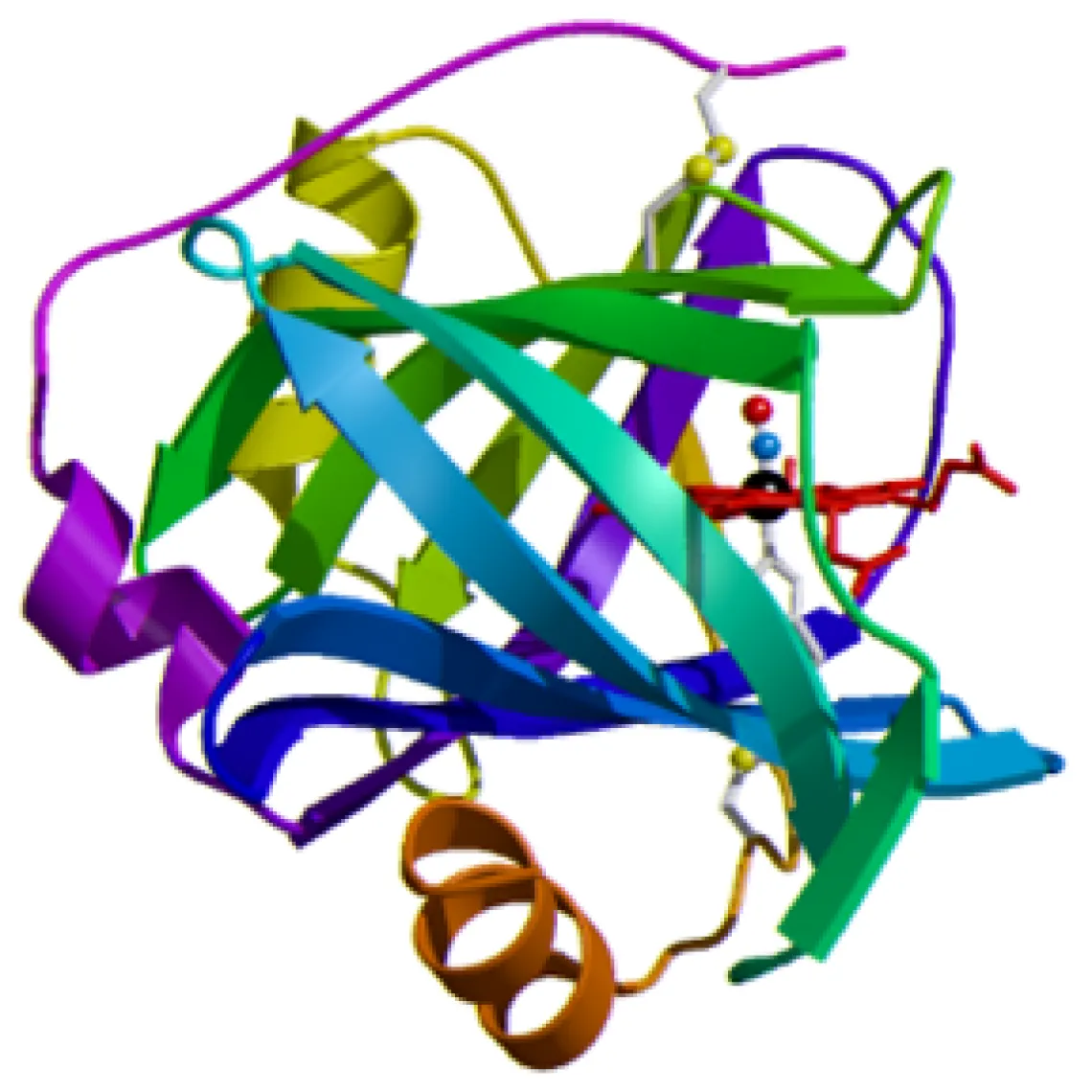
WHY JOIN THE BCP?
The Biological Chemistry Program provides exposure to the myriad of excellent career opportunities that exist for scientists trained at the chemistry/biology interface.
